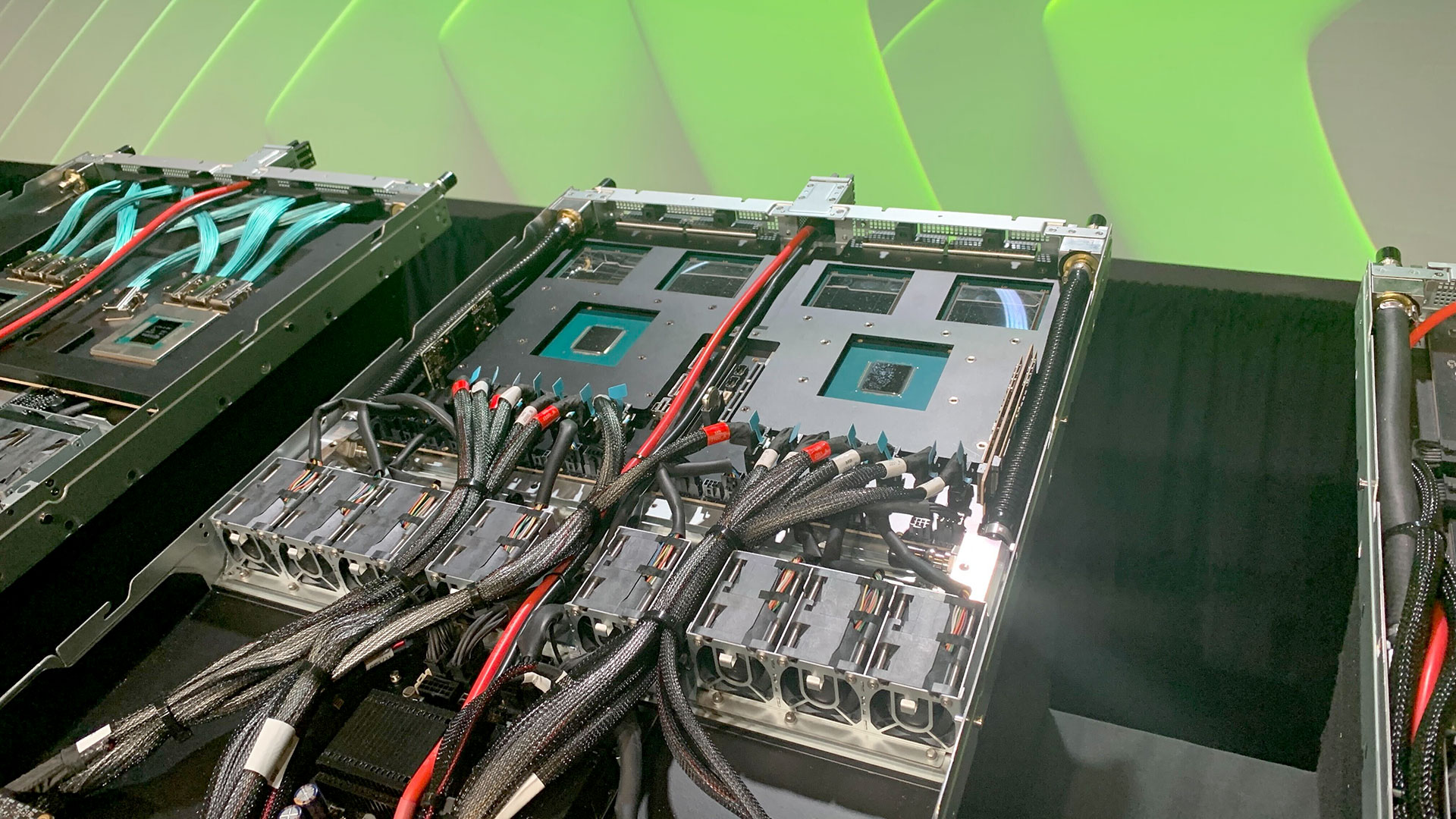
Jessica Gomez, chief executive of Rogue Valley Microdevices, co-founded the company 21 years ago with her husband by using $180,000 from the sale of their house. The maker of microelectromechanical systems (MEMS) faced significant challenges, including the 2008 recession. Still, the company has grown to employ 30 people and recently secured up to $6.7 million in CHIPS Act funding to expand its operations, reports EE Times.
Rogue Valley Microdevices and Atomica are two MEMS producers in the U.S. Despite their relatively small size compared to other players in the semiconductor industry, they have a significant impact on military and biomedical supply chains. Rogue Valley Microdevices recently signed a non-binding agreement with the U.S. Department of Commerce to receive up to $6.7 million in CHIPS Act funding. This investment will nearly triple the company’s production capacity by expanding its MEMS and sensor foundry in Palm Bay, Florida. The expansion is also expected to allow for much-needed upgrades to the firm’s original facility in Medford, Oregon, which operates at total capacity.
Also, the company hopes to become the first MEMS foundry globally to manufacture 300-millimeter wafers, which is expected to reduce costs and enable wafer-level integration with CMOS devices.
But the path to success has been long and rough for Rogue Valley. In 2003, Jessica Gomez and her husband took a bold step and sold their house in California to raise $180,000, which they used as equity to start Rogue Valley Microdevices. This initial funding enabled them to secure additional bank financing and a loan from their local economic development district. They also relied on credit card debt, around $50,000, to get the company off the ground.
Rogue Valley started with a small cleanroom for thin-film deposition, a wet bench, a furnace, and some metrology tools. Gomez and her husband ran the facility alone for the first few years, reinvesting all revenue into the company. At the time, manufacturing investments in MEMS were rare in the U.S., and most production facilities were built overseas.
The company struggled during the 2008 financial crisis and had to lay off most of its employees. However, after restructuring its business, it returned to profitability within six months. Rogue Valley employs 30 people today and generates approximately $10 million in annual revenue.
The MEMS market, valued at $14.6 billion in 2023, is projected to grow to $20 billion by 2029, driven by the demands of emerging applications like autonomous driving as well as established markets such as communications and military. Rogue Valley is a leader in this market as it continuously adopts advanced production technologies and expands its capacity.






